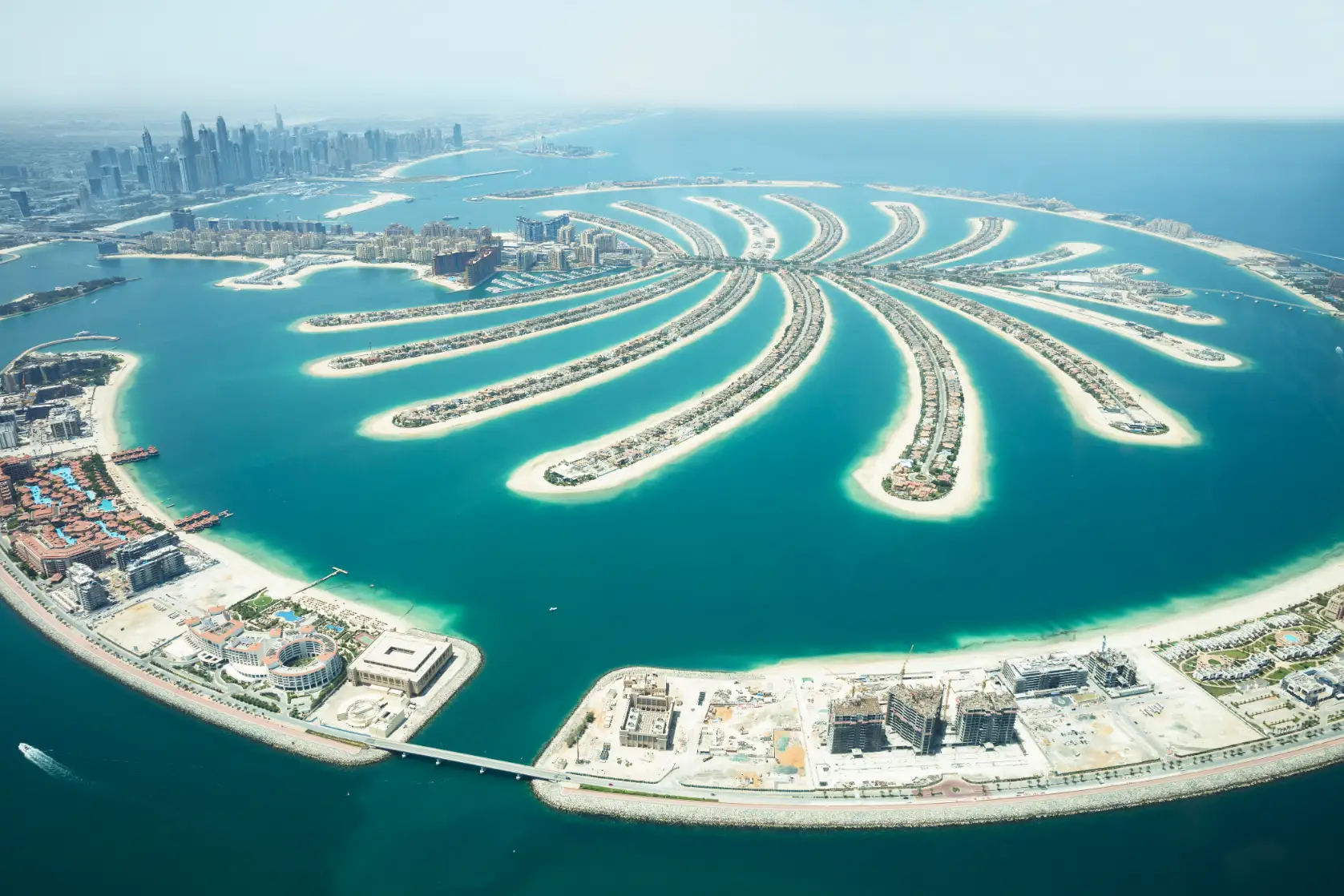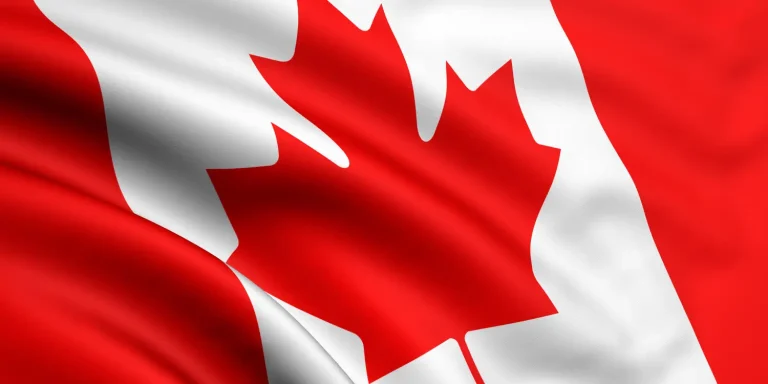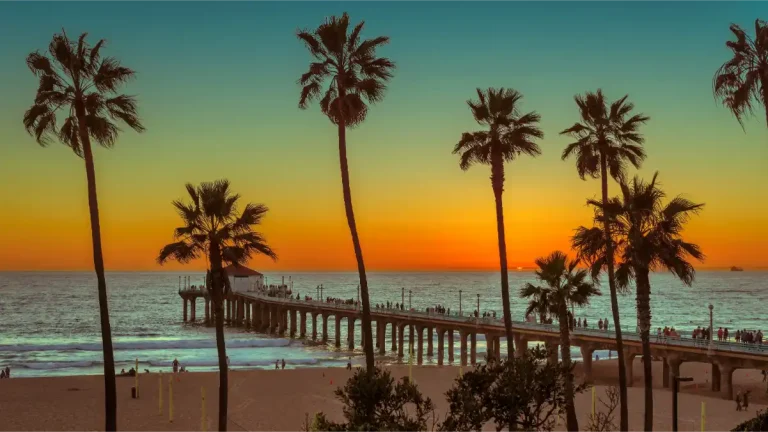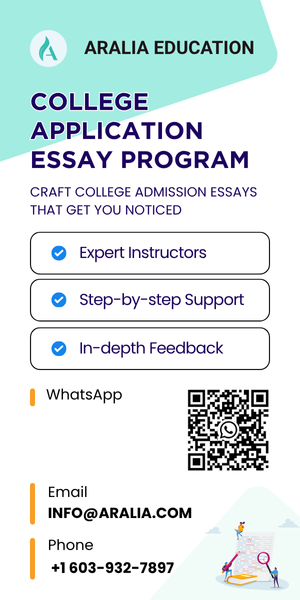Overview of the International School Systems in Dubai
Dubai, United Arab Emirates, is home to 226 excellent international schools serving expatriate children and native UAE citizens. The most highly coveted of these schools often have long waitlists of 3-4 years, so it is advisable to start applying well before your move.
Tuition fees for international schools in Dubai can be quite expensive. Each grade level has a different tuition rate, with high school grades costing between 70,000 and 90,000 AED. As of November 2022, 81% of teachers are female; 31% of all teachers are from India, 17% from the UK, 10% from Egypt, and approximately 2-5% from the Philippines, Pakistan, Ireland, Syria, Jordan, Lebanon, and the USA, with 15% from other countries.
Of all the international schools in Dubai, 194 cater to middle and high school students and offer an impressive variety of 17 curricula. This blog will examine the four most popular curriculum systems used in Dubai’s international schools: UK, American/AP, IB, and Indian.
High-Level Stats
Focusing on Dubai international schools available to students aged 14 through 19, 75 schools offer the UK curriculum, 40 offer the American/AP curriculum, 35 offer the IB curriculum, and 31 offer the Indian curriculum. Most schools that offer the IB curriculum combine it with either the UK or Indian systems, and few schools offer IB exclusively from K-12.
Dubai International School Ranking
The widely recognized ranking system for Dubai international schools is managed by the Knowledge and Human Development Authority (KHDA), which is essentially the US News equivalent in the UAE. However, schools are not ranked numerically; instead, they are assigned one of six labels: Outstanding, Very Good, Good, Acceptable/Average, Weak, and Very Weak. Among the 16 schools rated as Outstanding, 12 follow the UK curriculum, 9 offer IB, 1 offers the American curriculum, 1 follows the Indian curriculum, and 1 offers the French curriculum. Let’s explore what makes these top-tier systems so exceptional.
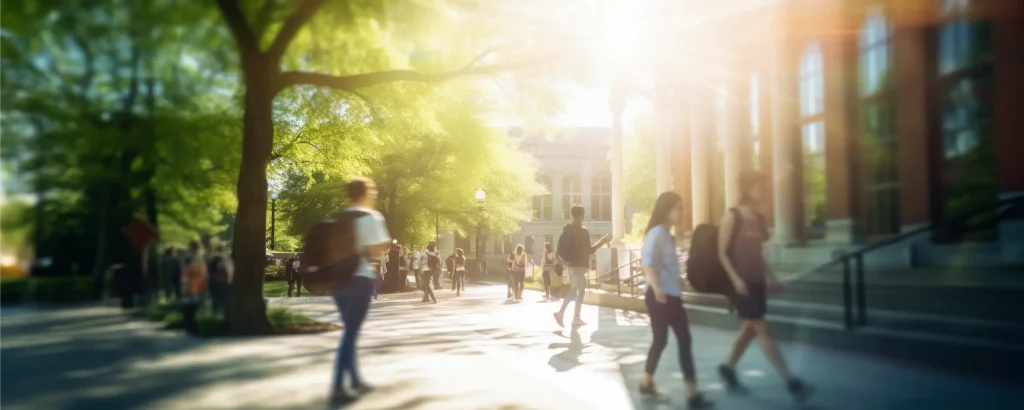
UK Curriculum
Dubai international schools following the UK system adhere to the National Curriculum of England. This curriculum is divided into six stages: Early Years Foundation Stage, Key Stages 1-4, and Sixth Form (referred to as Stage 5 in Dubai). The stages equivalent to middle school (Grades 6-8) and high school (Grades 9-12) are Key Stage 3 through Sixth Form.
Key Stage 3
Key Stage 3 of the UK system consists of Years 7-9, corresponding to Grades 6-8 in the US system. While these grade levels are considered middle school in the US, Key Stage 3 marks the beginning of secondary school in Dubai. Year 7 is for students aged 11-12, equivalent to Grade 6. Year 8 is for students aged 12-13 (Grade 7), and Year 9 is for students aged 13-14 (Grade 8).
Compulsory subjects in the UK curriculum include core subjects (English, math, and science) and foundation subjects (computing, physical education, swimming, and citizenship). Depending on the school, additional subjects such as design and technology, history, geography, art and design, music, and ancient or modern foreign languages are offered. Some schools may also teach personal, social, and health education (PSHE), citizenship, and sex education.
Starting in Year 7, students begin studying a modern foreign language (typically French, Spanish, German, or Italian). In Year 9, students may get an early introduction to their General Certificate of Secondary Education (GCSE) subjects, though this is often reserved for Key Stage 4.
More information on Key Stage 3 is available on gov.uk
GCSE General Certificate of Secondary Education Subjects and the GCSE Exam
There are over 60 different GCSE subjects for students to choose from. Some elective offerings in Dubai schools include Digital Learning, Enterprise Education, Design and Technology, Information and Communication Technology (ICT), Drama, Music, Fine Arts, and many others. After studying GCSE subjects for approximately five terms, students take the corresponding GCSE exams to earn certificates. In Dubai, the standard GCSE and the iGCSE (the international version) are available. These GCSE classes and exams are similar to the Advanced Placement (AP) system. Depending on their stage or year level, students can add 7-9 more subjects to their course load.
In Dubai’s UK curriculum schools, additional requirements are not typically part of the traditional UK curriculum. These include Arabic, Islamic Studies, PSHE, and UAE Social Studies. UAE students are required to take Arabic for a total of 12 years, while non-UAE students must study it for 9 years. Islamic Studies is mandatory for Muslim students, spanning 12 years. Non-Muslim students, in place of Islamic Studies, take Personal, Social, Health, and Economic (PSHE) Education, also for 12 years. Finally, UAE Social Studies is a required course in Dubai international schools, typically concluding by Year 9 or Year 10.
Key Stage 4
Key Stage 4 consists of Year 10 and Year 11, equivalent to Grades 9-10 in the American system. In the US, these years are part of the first half of high school, while in Dubai, they are considered the final two years of secondary school. Year 10 is for students aged 14-15 (Grade 9), and Year 11 is for students aged 15-16 (Grade 10).
During Key Stage 4, students continue studying their core and foundation subjects and their modern foreign language. They also add on their chosen GCSE elective subjects. Typically, students take 9 GCSE subjects at this stage (see above for more information on GCSEs). Year 10 students may take their GCSE exams early if they feel prepared, while Year 11 students must take the GCSE exams.
Sixth Form (Stage 5)
Sixth Form consists of Year 12 and Year 13, equivalent to Grades 11-12 in the US. While these years are considered the second half of high school in the US, they are considered post-secondary school in Dubai. Year 12 is for students aged 16-17 (Grade 11), and Year 13 is for students aged 17-18 (Grade 12).
After completing their GCSE exams, students in Sixth Form move on to AS and A-level subjects and exams and the BTEC qualification. These operate similarly to GCSEs but at a more advanced level. The primary goal of Sixth Form students is to earn the A-level certificate, which is key to university admission. Students typically take at least two subjects, although high achievers may take three to five.
In Year 12, students study at the Advanced Subsidiary (AS) Level, and can take AS-level exams for certification. In Year 13, students progress to the Advanced (A) Level and must take A-level exams. Alternatively, students can pursue Business and Technology Education Council (BTEC) qualifications, focusing more on practical, career-oriented studies.
For example, Dubai British School offers three distinct tracks: (i) the pure A-level route, where students take three to four A-level subjects; (ii) a hybrid route combining A-level and BTEC courses; and (iii) a BTEC-only route.
Commonly Asked Question: Advanced Subsidiary (AS) and Advanced (A) Level Subjects – Is AS like AP in the US?
Similar to Advanced Placement (AP) exams in American high schools, students in Sixth Form choose which AS/A-level subjects they want to study and eventually take exams in. However, unlike AP classes in the US, which typically last one year, AS and A-level qualifications span the full two years of Sixth Form. As a general requirement, students usually need at least five GCSEs with grades of A*-C to progress to A-levels. In some cases, a grade of B or higher in a specific GCSE subject is necessary to continue studying that subject at AS or A level.
80 AS and A-level subjects are available, but each school’s offerings may vary. For example, The Westminster School in Dubai offers Islamic Education A/B, English, math, physics, chemistry, biology, accounting, psychology, business studies, economics, computer science, information technology, global perspectives, geography, history, and environmental management. The Providence English Private School in Sharjah, UAE, offers physics, chemistry, biology, information technology, math, English, and business.
BTEC Business and Technology Education Council
BTEC subjects combine theoretical knowledge with practical skills to prepare students for their chosen careers. BTECs provide work-related qualifications and can take the form of apprenticeships. They are developed in collaboration with industry leaders, with Pearson being a particularly popular option.
Similar to high school internships in the US, BTEC subjects vary widely. Some of the options include art and design, business, health and social care, information technology, media, public services, science, and sport. As with A-levels, the availability of BTEC courses differs from school to school. For example, The Sheffield Private School in Dubai offers BTEC Level 3 courses in Travel & Tourism, Sports, Business Studies, and Information and Communications Technology. Another option is the Swiss International Scientific School of Dubai, which offers only two BTEC Diploma Level 3 courses, in Business and in Hospitality.
Students who opt for the BTEC route from the start of Sixth Form will receive a BTEC National Certificate in Year 12 and a BTEC National Subsidiary Diploma in Year 13. Among all the curricula discussed, the BTEC program in the UK system is most similar to the International Baccalaureate (IB) Career-related Programme (CP).

American/AP Curriculum
Core Subjects and Vital Skills
The American curriculum implemented in Dubai international schools closely mirrors the operation of high schools in the US. This includes Advanced Placement (AP) classes, which lead to AP exams and certificates, as well as standardized testing for college admissions (such as the PSAT, SAT, ACT, and TOEFL). The class content is aligned with the Common Core Standards. Subjects include English, foreign languages (typically Spanish, Latin, or French), math (with core subjects like algebra, geometry, and pre-calculus), sciences (including chemistry, biology, and physics), humanities, art, and sports as an afternoon activity. There is a strong emphasis on developing charismatic communication, effective teamwork, and confident leadership skills, as these are vital in the American individualistic-driven workforce.
Advanced Placement (AP)
A key feature of the American curriculum is the opportunity for students to take Advanced Placement (AP) classes and exams. Students can explore the various AP subjects available and prepare for AP exams. The American/AP curriculum is particularly well-suited for those aiming to attend college in the US or Canada.
The main difference between AP courses and IB subjects lies in their focus. AP exams are primarily centered on technical knowledge, while the IB curriculum emphasizes learning from a global perspective. The IB program encourages students to think critically and creatively about the world around them and their place within it. Learn more about the Differences Between AP and IB Courses.
UAE-specific Requirements
With the UAE’s rich cultural heritage, international schools in Dubai must adapt the American curriculum to include the following aspects: local UAE history, culture and values, bilingual proficiency in English and Arabic, Islamic Education, and the UAE’s Moral Education program.
Aralia Empowers Students from the UAE
International Baccalaureate (IB) Curriculum
The International Baccalaureate (IB) system includes four main curricula: the IB Primary Years Programme (PYP) for elementary school students, the IB Mid Years Programme (MYP) for middle school, and the IB Diploma Programme (DP) or IB Careers Programme (CP) for high school. Students choose either the IB DP or IB CP route for their high school education.
As previously touched on, few schools will offer all four IB curricula. Many schools, if they choose to implement the IB curriculum, will use the UK GCSE curriculum until the end of Key Stage 4 and then switch to the IB DP. Bloom World Academy in Dubai is a rare example of a school that teaches, PYP, MYP, IB DP & CP with no other curriculum combination. On the other hand, GEMS Wellington International School in Dubai offers both the UK and IB DP/CP systems. GEMS Modern Academy Dubai offers dual curriculum pathways of the ICSE Indian curriculum (see below) + IB.
Since we’re focusing on middle and high school equivalents, this blog will only cover IB MYP, DP, and CP.
IB MYP Mid Years Programme
IB MYP is equivalent to middle school and is suitable for students ages 11-16. This five-year program can be shortened to two-, three-, or four-year formats depending on the school. IB MYP covers eight main subjects: arts, design, individuals and societies, language acquisition, language and literature, math, physical and health education, and sciences. Students explore ideas of identities and relationships, personal and cultural expression, orientations in space and time, scientific and technical innovation, fairness and development, globalization, and sustainability. Students take MYP eAssessment at the end of the IB MYP program.
IB DP Diploma Programme
Both IB DP and IB CP programs are two years long, equivalent to high school, and serve students ages 16-19. Students do not complete the IB DP and IB CP programs–they choose one or the other.
IB DP contains six subjects, as well as the DP Core. Subjects offered include language and literature, language acquisition, individuals and societies, sciences, mathematics, and arts. The DP Core consists of Theory of Knowledge (TOK), Creativity, Activity, Service (CAS), and The extended essay. IB DP Core is infamous for being very difficult. We recommend you do more research on how hard IB subjects are before committing to an IB high school course.
Indian Curriculum
There are two versions of the Indian curriculum: Central Board of Secondary Education (CBSE) and Council for the Indian School Certificate Examinations (CISCE). These two systems are competitors with their unique differences, which we’ll discuss in detail below to help you make the best choice. Main topics taught in the Indian curriculum include business studies, information technology, Indian languages, math, English, science, and art. The Indian curriculum is most suitable for expat students coming from India and students who want to gain admission into Indian universities.
CBSE Central Board of Secondary Education
CBSE is the only education system recognized by the Indian government. Compared to the CISCE (below), CBSE is more focused on math and science than language and has a more theoretical approach to learning. Additionally, CBSE is more focused on developing Indian language skills than the CISCE. Students hoping to enter engineering and medical fields are suggested to choose CBSE over ISCE.
CBSE focuses on preparing students for two major exams: the AISSE and the AISSCE, the latter of which includes adding a certificate. AISSE is the All India Secondary School Examination, and the AISSCE is the All India Senior School Certificate Examination. AISSE is commonly known as the Class 10 Board Exam, while AISSCE is the Class 12 Board Exam. For ease of differentiation, we’ll use the terms Class 10 Board Exam for AISSE and Class 12 Board Exam for AISSCE.
Students take the Class 10 Board Exam at the end of Grade 10, around 16 years old. The Class 10 Board Exam includes the following subjects: English, language (native or foreign), math, sciences, and social sciences. Students receive up to 100 marks per subject for a total of 500 marks available. Scoring depends 40% on coursework and 60% on testing. Despite it being an exam, all students will pass the Class 10 Board Exam, but the score determines which “stream” students will go into (Vocational, Commerce, or Scientific). Students are awarded secondary school certificates upon completion. Recent changes to the Class 10 curriculum now require students to study three languages (an increase from two), two of which must be native Indian languages.
The next exam, the Class 12 Board Exam, is taken at the end of Grade 12, around 18 years old. Immediately after completing the first exam in Grade 10, students spend all grades 11-12 preparing for the Class 12 Board Exam. Each subject is graded out of 100 marks, and skills tested include languages, humanities, math, science, skill subjects, general studies, health and physical education, and work experience. Recent changes now require students to study two languages (as opposed to one) for Class 12. Class 12 Board Exam is available in English and Hindi.
CISCE Council for the Indian School Certificate Examinations
The alternative to CBSE is the CISCE curriculum by Council for the Indian School Certificate Examinations. The CISCE is not recognized by the Indian government, but an option nonetheless in Dubai international schools. Compared to how the CBSE (above) is more geared towards math and science rather than language, the CISCE focuses equally on language, arts, and science. CISCE specializes in English-language skills and uses a more applied knowledge and practical approach to learning. Consequently, the CISCE is the more rigorous curriculum.
Students take the ICSE Indian Certificate of Secondary Education exam in Grade 10, around ages 15-16. Like SAT 2 Subject Tests, students take multiple ICSE exams in 7-8 different subject areas, 5 of which will be considered for their final grade. One of the five must be English. Of the other subjects, students choose from three groups. Group 1 exam subjects are all required: English, second language (Hindi or another Indian regional language or modern foreign language), geography, history, and civics. For Group 2, students choose two or three subjects: physics, biology, chemistry, math, economics, environmental science, commercial studies, accounting, and business studies. For Group 3, students choose one subject from art and craft, home science, fashion designing, computer applications, mass media and communication, environmental applications, French, Greek, Mandarin Chinese, Sanskrit, dance, music, drama, physical education, and other options.
In Grade 12, students ages 17-18 take the ISC Indian School Certificate. There are 50 total subjects to choose from. English is a compulsory subject; other electives to choose from include: geography, sociology, history, physics, biology, chemistry, home science, and more. Students must take at least 5 ISC subject exams. The ISC is also split into three groups. Group 1 is the required English exam. Students choose 2-4 elective subjects from Group 2: physics, chemistry, biology, math, accounts, commerce, economics, etc. From Group 3, students choose one from political science, computer science, Hindi, art, music, physical education, etc.
Now that you have an understanding of the most commonly offered curricula, how do you decide which one to choose? Check out our list of the Top 10 International Schools in Dubai, where we guide you through important details such as class size, student-to-teacher ratio, course offerings, student demographics, and more. Many schools in Dubai are operated by GEMS Education; learn more about this education provider.
Whichever school you choose, there are numerous opportunities to pursue your interests outside the standard curriculum. Explore alternatives to IB and AP. The best way to demonstrate to top-tier colleges that you’re an excellent candidate is to present yourself as a proactive, passionate self-starter eager to engage in extracurricular activities, utilize available resources, and create your own opportunities. One effective way to do this is to collaborate with a teacher one-on-one to conduct an independent study on a subject of your choice.
Learn more about how Aralia Education’s team of experienced, award-winning instructors, vetted from America’s top-ranking private high schools, can support you!

